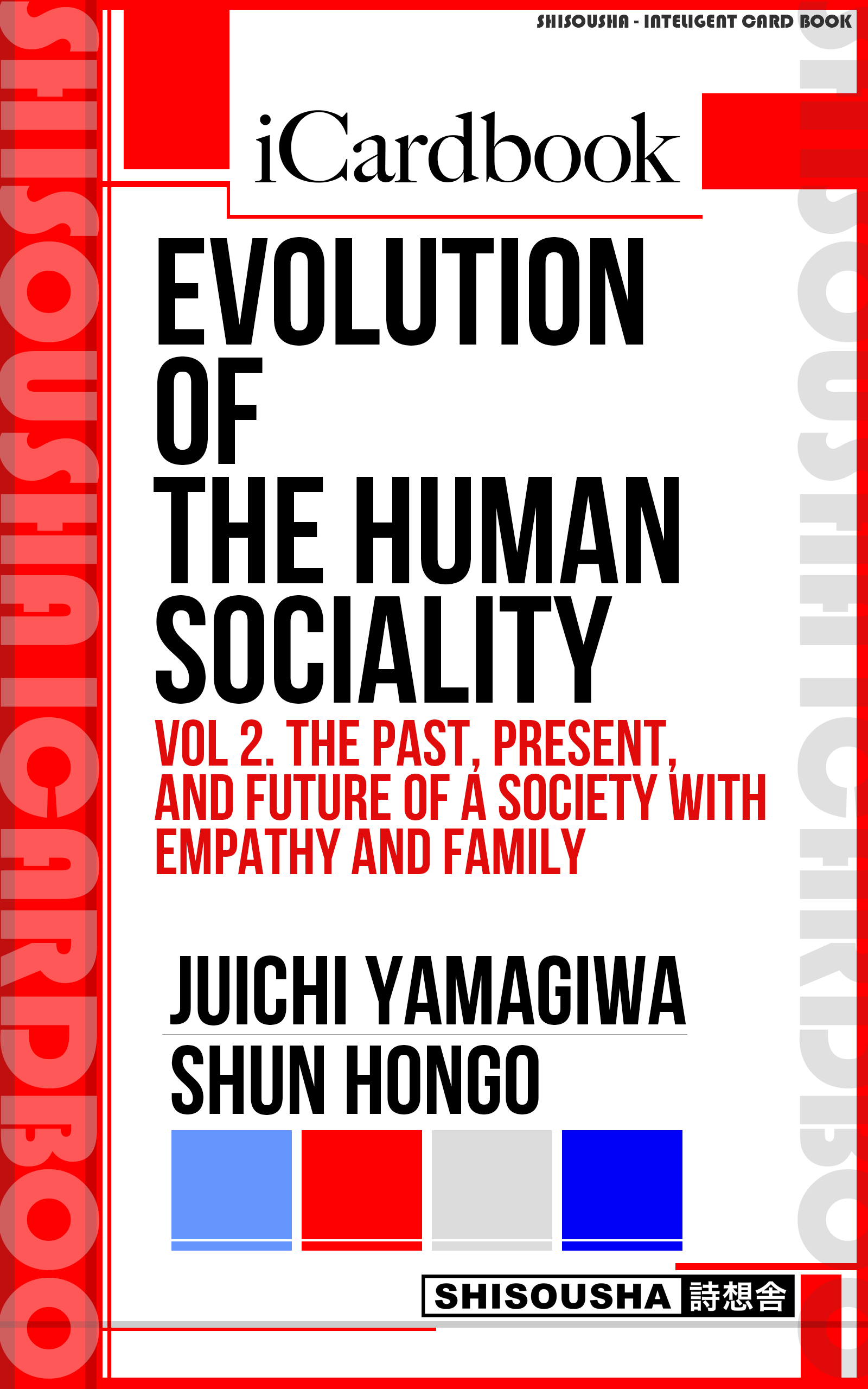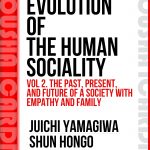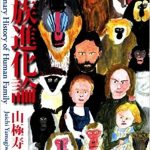Humans grow more slowly than great apes and have shorter birth intervals. Like marmosets, therefore, it is a feature of humans to have many dependent children. It is believed that this feature promoted joint child-care and food sharing. In addition, leaving the forest for the dangerous grasslands led our human ancestors to face a shortage of food and become easily targeted by carnivores. These hazardous conditions must have promoted food sharing and enhanced empathy.
■References (Books, papers, Web articles, etc.)
『家族進化論』 第2章・第18節 平等な社会 山極寿一 (東京大学出版会、2012)
「こころの起源―共感から倫理へ」 山極寿一(『<こころ>はどこから来て、どこへ行くのか』所収 pp.155~200 河合俊雄・中沢新一・広井良典・下條伸輔・山極寿一 (岩波書店、2016))
★If you interested in this text, please have the following ebook at hand. For that, Click on the URL below.
https://society-zero.com/icardbook/012/index.html
★This article is a piece of "knowledge card" that makes up iCardbook, "Evolution of Human Sociality(Juichi Yamagiwa, Shun Hongo)"
iCardbook, a card-type specialized book that organizes “Knowledge Cards” is a new form of book in the smartphone age.
■iCardbook Benefits:Good value for reading
・you can read it quickly in your pocket of time, e.g. commuting
・You can immediately understand the "drawing " in the author's head
・Amazon Prime members can read for free
◎About iCardbook(english)
https://society-zero.com/icard/icardbookenglish
◎About iCardbook(japanese)
https://society-zero.com/chienotane/archives/5067
■The References list of “Evolution of Human Sociality”







